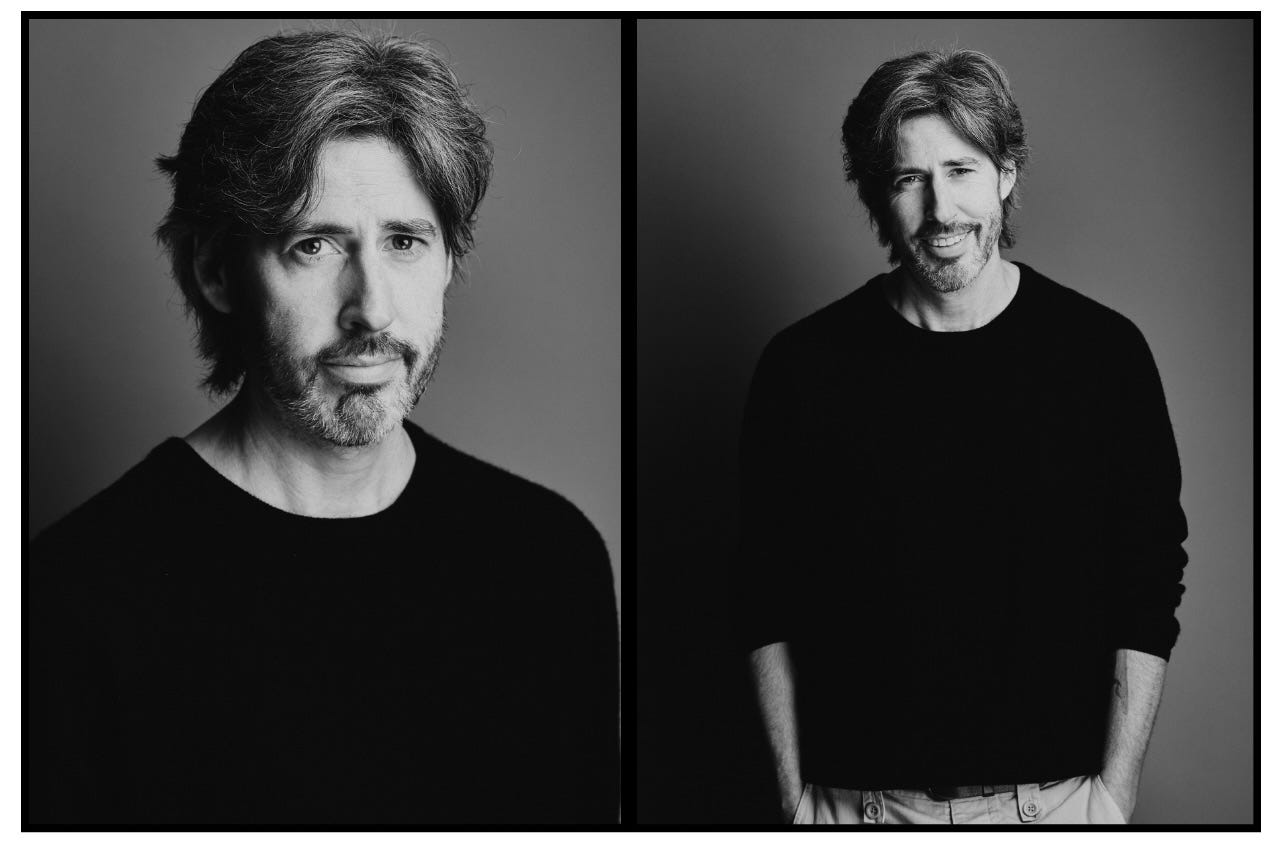Jason Reitman: The Rushfield Conversation
The director on showmanship, loneliness, letting go and 'Saturday Night': ‘What does the moment feel like before culture changes?'

Wunderkind no more. Jason Reitman’s career has been such a constant flurry of activity for so long now that one can be forgiven for not having paused to note that the talented young director who arrived on the scene with the zeitgeist-capturing Thank You for Smoking and Juno, has 20 years later matured into one of the most consistently gifted and sensitive storytellers Hollywood has. Reitman, who turns 47 later this month, has also managed to beat all odds and maintain a career in the industry’s most endangered territory: Grown-up comic dramas.
In his latest moves, on two very different fronts, the son of the industry sends some important messages to Hollywood. First with his mission to buy and save the legendary Village Theater, leading a group of directors to acquire the endangered movie palace. And second, his new film Saturday Night, about the moment when the industry threw open the gates and renewed itself from a creative nadir, offers a potent parallel for Hollywood today.
The directors I’ve met over my travels tend to fall into two buckets: The stern, implacable visionaries ready to hurl lightning bolts down from Mount Olympus at the stupid questions of mere mortals, and the almost super-humanly courteous souls who are unfailingly respectful to those around them. In this meeting, Reitman fell firmly in the second camp with a sincere and empathetic warmth that invites intimacy and confidence.
We met on the Sony lot — where passing tour groups stopped to wave to him — and discussed all these things, his now significant body of work and the creative forces and personalities that have shaped his films.
Warning: We talk a lot about his latest film Saturday Night. If for some reason you don’t know how the origin story of Saturday Night Live ends, this conversation contains major spoilers.
I feel like between this movie, Saturday Night — and your acquisition of the Village Theater — you have something important to say to Hollywood, that these two things are connected. Is that so?


